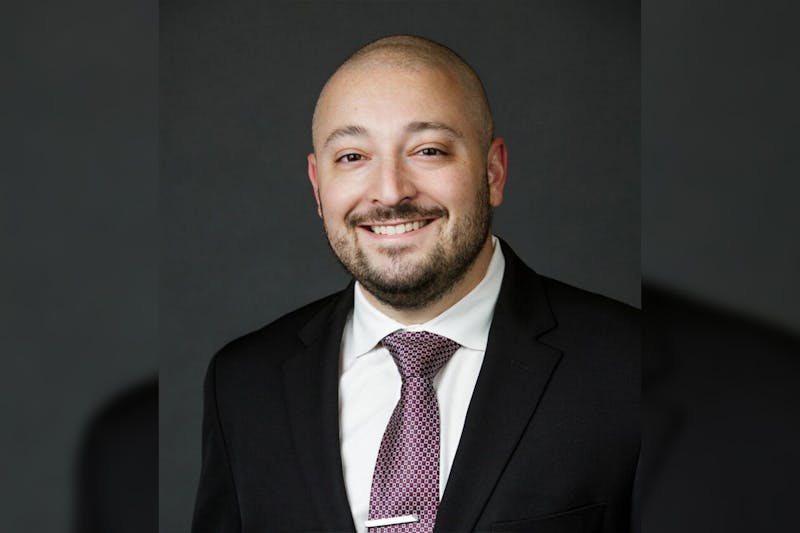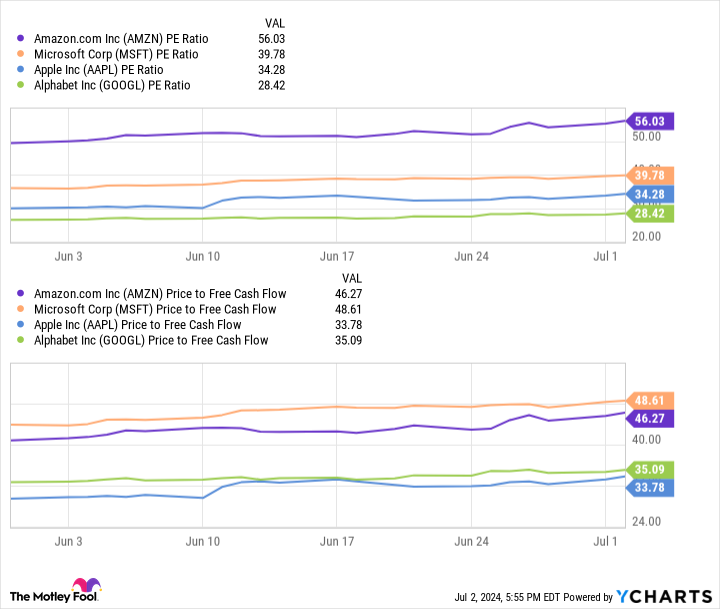

After being named an AI2050 Early Career Fellow, Wharton Assistant Professor of Operations, Information, and Decisions Daniel Rock discussed his goals and plans for the position and the potential implications of AI with The Daily Pennsylvanian.
The AI2050 initiative focuses on addressing the potential risks and challenges associated with artificial intelligence, and has developed a working list of these problems that it can help researchers in solving. Rock, by joining the second cohort of young researchers named to the position, will receive up to $300,000 from Schmidt Sciences, a philanthropic organization dedicated to fostering the advancement of science and technology.
Following individuals’ nominations for the honor, fellows are required to submit a proposal to help articulate how they hope to solve a problem related to AI2050’s central motivating question — if AI is “hugely beneficial” to society in 2050, what happened and what were the most important problems solved along the way?
In his interview with the DP, Rock spoke about the implications of AI beyond its scientific technicalities. He described AI as not “just about algorithms and computer science, [but] about social impact, economic impact, and so on.”
Rock highlighted the program’s ability to support researchers doing interdisciplinary work that may be otherwise difficult to fund, specifically focusing on the $300,000 award to fellows.
“They [Schmidt Sciences] are committed to enabling work that is difficult to otherwise enable,” he said.
Professor Rock’s research has previously focused on the economic effects of digital technologies, emphasizing the role of artificial intelligence. He said that he will build upon his experience with labor driven data sets to make a new toolkit, which will analyze unstructured economic data of labor market trends to measure the impact of artificial intelligence on “job creation and technological dissemination,” according to Schmidt Sciences.
Rock also said that he aims to pave the way for future economic research by creating open-sourced large language model encoders, which will enable other researchers to use the data sets for distinct research areas.
“The impact of this kind of work can be much bigger if we can bring in lots of people to bring their creativity and intelligence to it, too,” he said.
Rock added that his previous inquiries into questions regarding how technology will change workers’ position within the workforce will help inform his future research agenda, which focuses on identifying and measuring long term trends.
Although fellows do not typically collaborate with each other and focus on their area of expertise, Professor Rock will work alongside numerous other colleagues on the project. This includes Stanford researcher Erik Brynjolfsson, Chapman researcher Sarah Bana, Boston College researcher Sebastian Steffen, and other Ph.D. students and faculty at Wharton.
Rock told the DP that he looks forward to continuing to collaborate with colleagues to execute this project and is “very grateful to be part of [the] program.”
The Daily Pennsylvanian is an independent, student-run newspaper. Please consider making a donation to support the coverage that shapes the University. Your generosity ensures a future of strong journalism at Penn.




